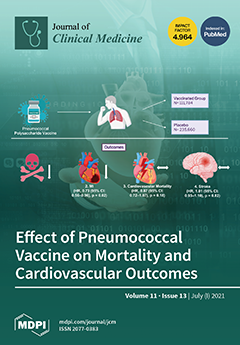Postprocedural cardiac troponin I (cTnI) elevation commonly occurs in patients undergoing percutaneous coronary intervention (PCI); however, its prognostic value remains controversial. This study aimed to investigate the prognostic value of peak postprocedural cTnI in cardiac patients with or without three-vessel disease (TVD) undergoing complete PCI. A total of 1237 consecutive patients (77% males, mean age 58 ± 10 years) with normal baseline cTnI levels were enrolled, 439 patients (77% males, 59 ± 10 years) with TVD, and 798 patients (77% males, 57 ± 10 years) with single- or double-vessel disease (non-TVD). The primary outcome was the occurrence of major adverse cardiovascular events (MACE), defined as a composite of non-fatal MI, non-fatal stroke, unplanned revascularization, re-hospitalization due to heart failure or severe arrhythmias, and all-cause death. During the median follow-up of 5.3 years, a total of 169 patients (13.7%) developed MACE, including 73 (16.6%) in the TVD group and 96 (12.0%) in the non-TVD group (
p = 0.024). After adjustment, the multivariate Cox analysis showed that hypertension (HR 1.50; 95% CI: 1.01–2.20;
p = 0.042), TVD (HR 1.44; 95% CI: 1.03–2.02;
p = 0.033), and cTnI ≥ 70× URL (HR 2.47; 95% CI: 1.28–4.78,
p = 0.007) were independently associated with increased MACE during long-term follow-up. Further subgroup analyses showed that cTnI ≥ 70× URL was an independent predictor of MACE in TVD patients (HR 3.32, 95% CI: 1.51–7.34,
p = 0.003), but not in non-TVD patients (HR 1.01, 95%CI: 0.24–4.32,
p = 0.991). In conclusion, elevation of post-PCI cTnI ≥ 70× URL is independently associated with a high risk of MACE during long-term follow-up in patients with TVD, but not in those with non-TVD.
Full article






